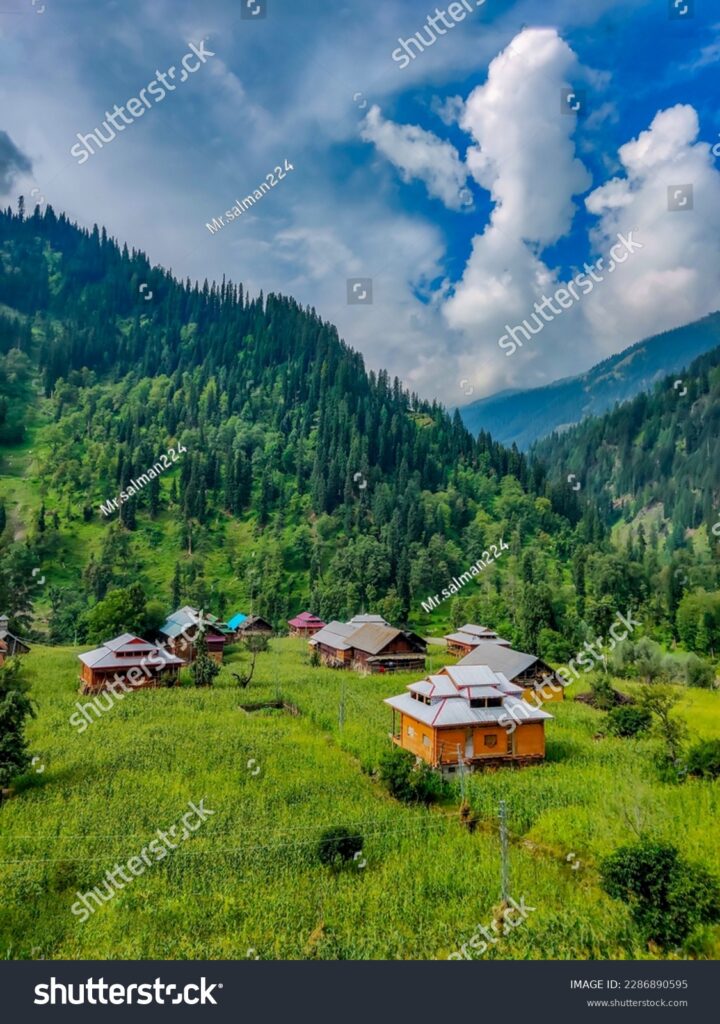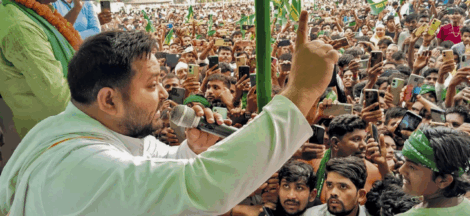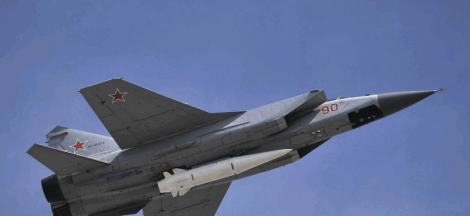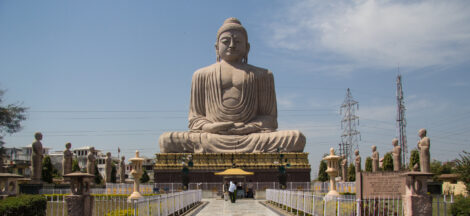Pakistani forces engaged in unprovoked firing along the Line of Control in Jammu and Kashmir for the fourth consecutive night, intensifying hostilities and prompting strong retaliatory measures from the Indian Army, according to defence officials on Monday.
The latest incidents of cross-border firing were reported in the Kupwara and Poonch districts, signalling an alarming broadening of the conflict zone. The targeting of Poonch marks a strategic shift, with officials noting this is the first instance of escalation into that sector during the current spate of ceasefire breaches. Shelling and small arms fire were exchanged, leading to heightened tensions across civilian areas adjacent to the LoC.
Military sources confirmed that Indian Army personnel responded firmly to the provocations, using calibrated fire to suppress Pakistani positions. There have been no immediate reports of casualties among Indian forces. Civilian communities, however, have reported damage to property and a growing sense of insecurity, as mortar shells landed perilously close to residential zones.
Defence spokespersons stated that Pakistan’s actions constitute a “clear violation” of the 2003 ceasefire agreement, which has been periodically reaffirmed through diplomatic and military channels. Efforts to maintain the fragile peace along the border had seen relative success following the February 2021 reaffirmation, but the past week’s developments risk unravelling those gains.
Senior army officials, speaking under condition of anonymity, indicated that Pakistan’s motive could be linked to internal political instability and an attempt to internationalise the Kashmir issue ahead of key diplomatic engagements at the United Nations. Analysts observing the pattern of firing noted that Pakistan appears to be shifting tactics, using short, intense periods of firing across multiple sectors rather than prolonged engagement at a single point, aiming to stretch Indian defensive resources.
Residents of border villages in Kupwara and Poonch have been placed on high alert. Authorities have activated emergency evacuation plans for vulnerable populations, with community bunkers being opened and temporary shelters arranged at safer locations. The administration has urged residents to adhere to safety advisories and avoid unnecessary outdoor movement during nighttime hours.
Jammu and Kashmir Lieutenant Governor Manoj Sinha convened a high-level security review meeting late Sunday to assess the situation. Official statements following the meeting stressed that security forces were fully prepared to ensure the safety of the civilian population and uphold territorial integrity.
Diplomatic channels between New Delhi and Islamabad have been largely dormant in the wake of persistent tensions, with no immediate indications of de-escalatory talks being initiated. India has consistently maintained that the onus lies on Pakistan to create an atmosphere conducive to dialogue by ceasing cross-border terrorism and respecting ceasefire norms.
Pakistan’s Foreign Office has, meanwhile, accused India of initiating the firing, a claim strongly denied by Indian authorities. The Ministry of External Affairs reiterated India’s position, asserting that Pakistani forces fired first, targeting forward posts and civilian hamlets without provocation.
International observers, including UN military monitors based in Pakistan-administered Kashmir, have limited access to verify claims independently, complicating external assessment. However, diplomatic sources in New Delhi pointed to the deliberate targeting of civilian areas as a breach of international humanitarian norms, warning that continued violations could invite stronger condemnation at global forums.
The renewed hostilities also coincide with intensified militant activity within Jammu and Kashmir. Security agencies have reported an uptick in infiltration attempts along the LoC, supported by covering fire from across the border. Over the past month, there has been a discernible increase in encounters between security forces and infiltrators, leading to concerns about a broader security destabilisation effort.
Former Northern Army Commander Lt Gen DS Hooda noted that horizontal escalation into new sectors such as Poonch reflects an operational decision by Pakistan to diversify pressure points. “It appears to be a calibrated strategy to test Indian response thresholds and keep the region on the boil without inviting full-scale retaliation,” he said during a televised security briefing.
Strategic analysts also point to the timing of these violations, coming as India intensifies security measures ahead of major political events and tourist season openings in Jammu and Kashmir. Increased movement of tourists and VIP visits had bolstered economic hopes in the region, but persistent border tensions now risk casting a shadow over these gains.
Cross-border firing has long been a tool in the India-Pakistan conflict dynamic, often used by Islamabad to signal discontent or shift global attention back to Kashmir. This approach, however, carries significant risks, as inadvertent escalation could lead to broader military conflict between the nuclear-armed neighbours.
Indian Army Chief General Manoj Pande, addressing media personnel at a military installation, emphasised that while India remains committed to peace, any misadventure by Pakistan would be met with a decisive response. “Our posture is robust and our troops are fully prepared to defend every inch of our territory,” he stated.
Pakistan’s military leadership has so far refrained from issuing detailed statements on the LoC exchanges, sticking instead to broader narratives of “Indian aggression” in its communications. However, regional observers believe internal political dynamics, including the weakening grip of the civilian government and the military’s increasing control over national policy, could be influencing operational decisions at the LoC.
Economic pressures are also believed to be playing a role in Pakistan’s strategic calculations. Facing a crippling financial crisis, Islamabad may be seeking to rally domestic support by inflaming nationalistic sentiment, with Kashmir once again becoming a central rallying cry.




 Washington Calls for Calm Between India and Pakistan
Washington Calls for Calm Between India and Pakistan 